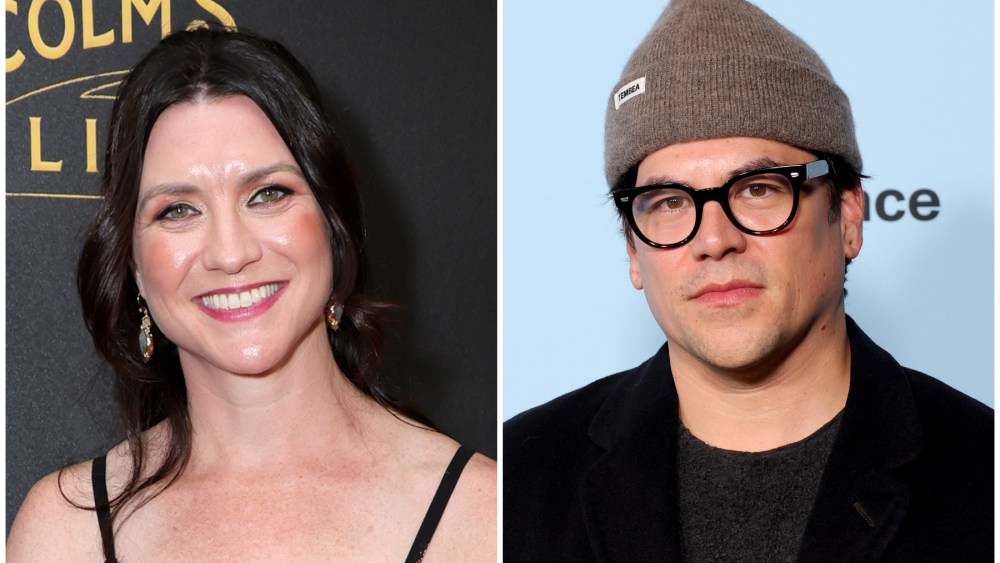On today’s episode of the Daily Variety podcast, Cover Story Corner, Variety’s Matt Donnelly breaks down his report on Producers United and the dilemmas modern producers struggle with and efforts to address incivility. Donnelly is joined by Producers United members Jonathan Wang and Laura Lewis to bring a human perspective to some of the toughest business problems.
The two tackle a question that has puzzled producers for decades: What does the job entail? Mr. Wang and Mr. Lewis immediately responded with two words: “fiduciary responsibility.”
“It’s our responsibility to communicate with the heads of departments, whether it’s makeup, costumes, hair, editing, etc., but we also have to be mindful of the director and the writer and their vision,” Lewis says. “So we’re literally the intermediary between all these departments. I’m always looking at something like an hourglass. We’re the lynchpin between all the people on one side and all the people on the other side.”
Producers have long resented the fact that producer credits are handed out “as if they were candy,” in Lewis’s words, to financiers, actors, talent managers, and others who have the clout to obtain them, without any expectation of actually doing the grunt work of producing.
“Career producers are very easy to identify. They’re producers who get paid just to produce. They’re not hyphenated producers. They’re sometimes jokingly called producer producers because a movie or TV show can have so many producers,” Wang says. “But broadly speaking, it’s a fiduciary and a creative partner. He’s the director’s right-hand man, overseeing every part of production, pre-production, post-production and distribution.”
Mr. Wang also explained the responsibilities of career producers through a medical prism.
“A lot of times people would think of each department as dealing with the symptoms, so if there’s an electrical issue or a wardrobe issue, there’s a specialist to deal with these little issues that come up on set,” Wang says. “And a career producer’s job is to look at the overall health of a set and its production as a business, as an entity. That means translating a creative vision into something that materializes not just from a budget standpoint, but from a real-world perspective.”
(Photo: Laura Lewis and Jonathan Wang)

